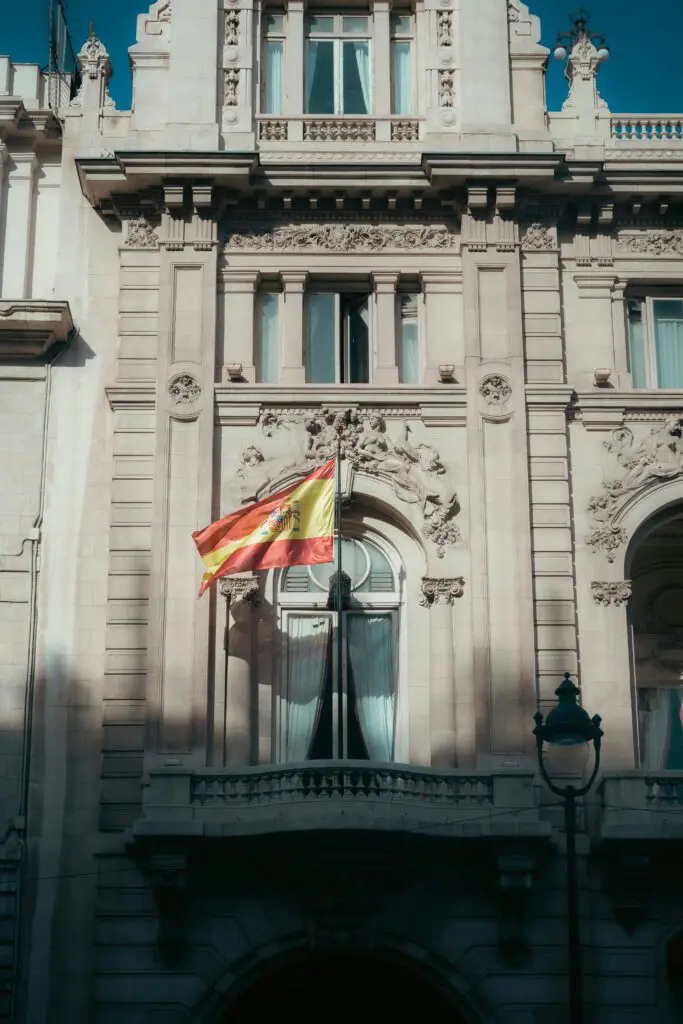The European Union is tax-tackling McDonald’s and demands that the fast-food company pay a huge to Luxembourg for back taxes, just as it did with Apple.
The American fast-food giant McDonald’s could face a fine imposed by the European Union of 466 million Euros in back taxes to be paid to Luxembourg. We are witnessing a persecution of multinational companies worldwide, as not only McDonald’s but also Apple and Google are in the crosshairs of the tax authorities. The latter is even being investigated in Indonesia.
McDonald’s is being investigated since December 2015 by the European Commission for Competition, just like other multinationals like Amazon, Google or Apple. The latter was recently ordered to pay €13bn in back taxes to Ireland as well.
The trigger for the investigation was the Luxleaks scandal in November 2014, by which it was revealed that hundreds of multinational companies had agreements with Luxembourg to significantly reduce their taxation in the Grand Duchy.Principio del formulario
Since 2009, McDonald’s was taxed for its benefits in Luxembourg (home of its subsidiaries in Europe) at an average rate of 1.9% on €1,6bn profit. Brussels argues that if the multinational would have paid taxes to their usual average rate of 29.2% to the Grand Duchy it should have paid €44M (about $500M), while McDonald’s defends itself saying that between 2011-2015 they paid €2,23bn to Luxembourg in taxes on their profits at an average rate of nearly 27%.
EU Competition Commissioner, Marghrete Vestager, has not yet made a decision on this case but everything indicates that she will follow the same steps as with the Apple case. This investigation has caused great controversy in the United States and from there they accuse the European Union to act as a kind of supra-national tax authority.
From the European Commission McDonald’s is accused of keeping two tax agreements with Luxembourg since 2009, which guaranteed the no payment of corporate tax on the profits of its European franchises.
In the first, McDonald’s enjoyed a tax exemption in Luxembourg provided that it was able annually prove that its benefits had been declared and taxed in the United States.
However, the American giant reviewed this agreement and alleged that under the tax treaty signed by the United States and Luxembourg, there was no need for them to even prove that taxes on their benefits were paid there, and so they got full exemption.
These practices are considered illegal from the point of view of the EU states aid rules. From the EU is being point out that double taxation treaties can not be used to justify an alleged double non-taxation, that is to say to avoid paying taxes.
From our point of view, these investigations should not be done using the procedure to combat the EU states aid because tax policies are the sovereign competence of member states. It is an offense framed in the BEPS project against international tax fraud promoted by the OECD and European Directive 2016/1164, and it should be initiated at the request of the states themselves.
The fight against tax fraud is necessary as long as the ability of States to articulate their own fiscal rules and the freedom to set tax agreements with other countries are not put into question.
At Del Canto Chambers we are specialized in international tax law. We invite you to contact us at clerk@delcantochambers.com .
Del Canto Chambers’ Editorial Board.







